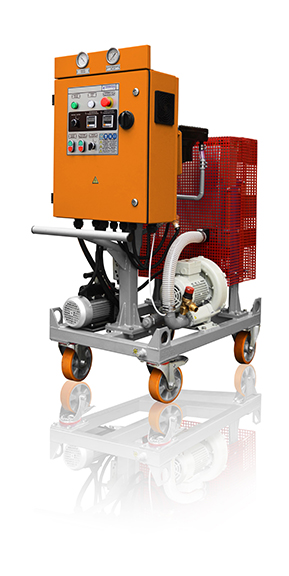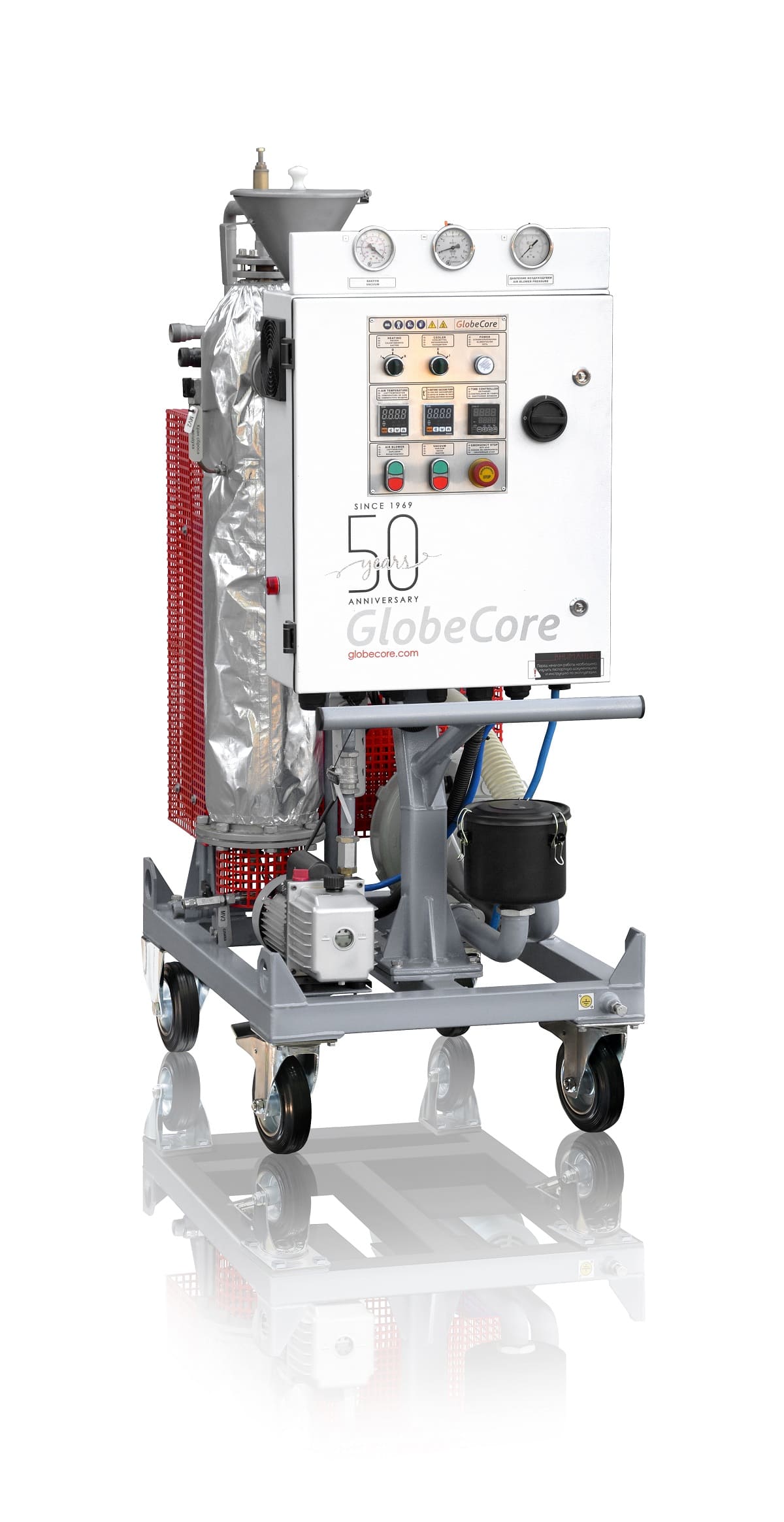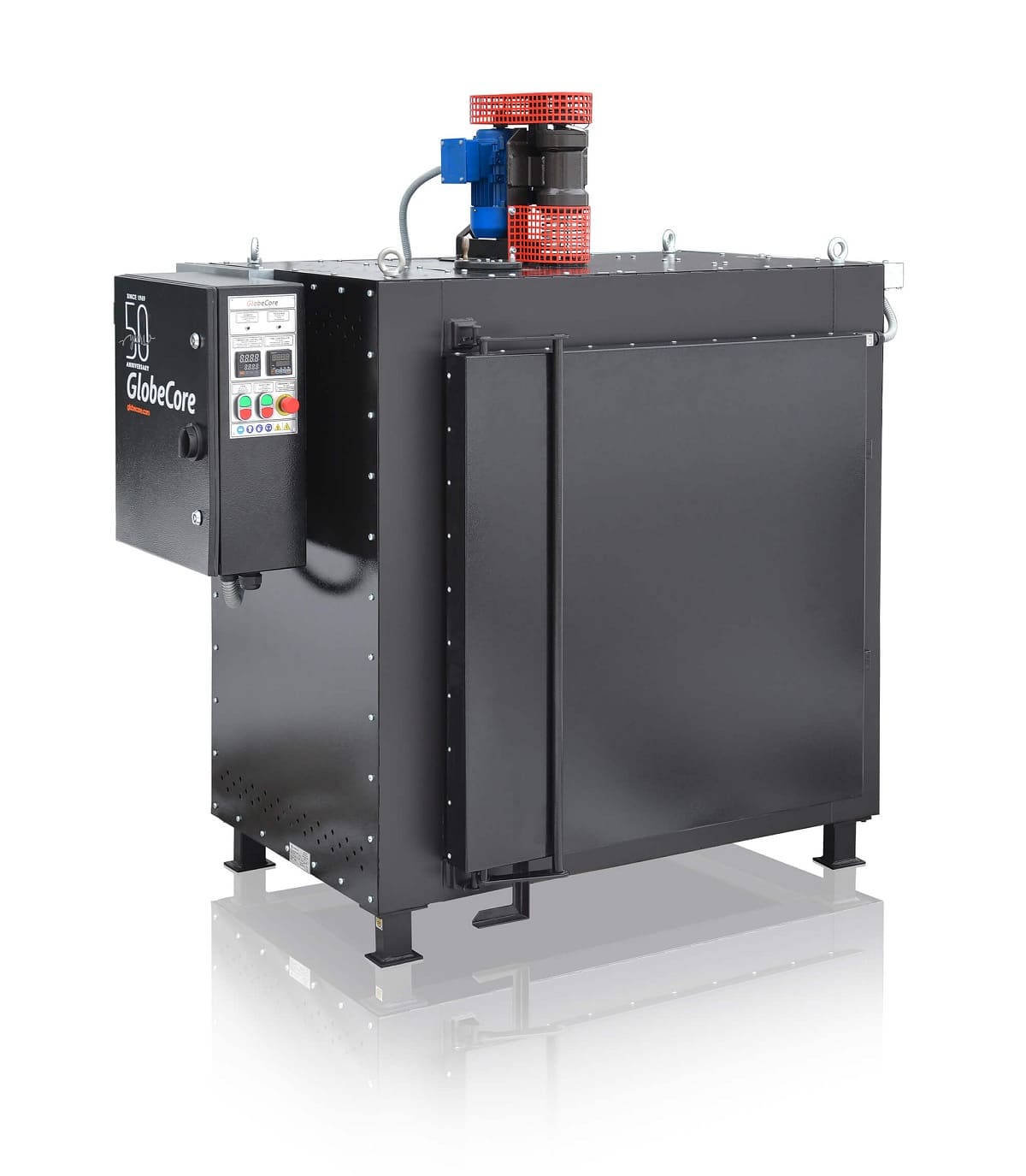What are the steps to regenerate a zeolite column?
- This topic has 1 reply, 2 voices, and was last updated 1 year, 3 months ago by .
Answers
-
September 14, 2024 at 3:50 am by David Allen
The steps to regenerate a zeolite column typically follow these processes:
Depressurization: In systems using Pressure Swing Adsorption (PSA), reduce the pressure to allow the adsorbed gases, such as nitrogen, to desorb from the zeolite pores.
Purge: Pass a stream of dry air, inert gas, or another appropriate purging gas to remove the desorbed gases and contaminants.
Heating (if required): For thermal regeneration, apply heat to the column (typically 150°C to 300°C) to desorb any moisture or heavier contaminants that can’t be removed by pressure alone.
Chemical Rinsing (if applicable): In water treatment applications, chemical regenerants such as sodium chloride (for ion-exchange processes) may be used to displace adsorbed ions like ammonium or heavy metals.
Repressurization/Cooling: After regeneration, repressurize the system and cool the zeolite to its operational temperature to restart the adsorption process.
Each of these steps ensures that the zeolite regains its adsorption capacity for subsequent use.



